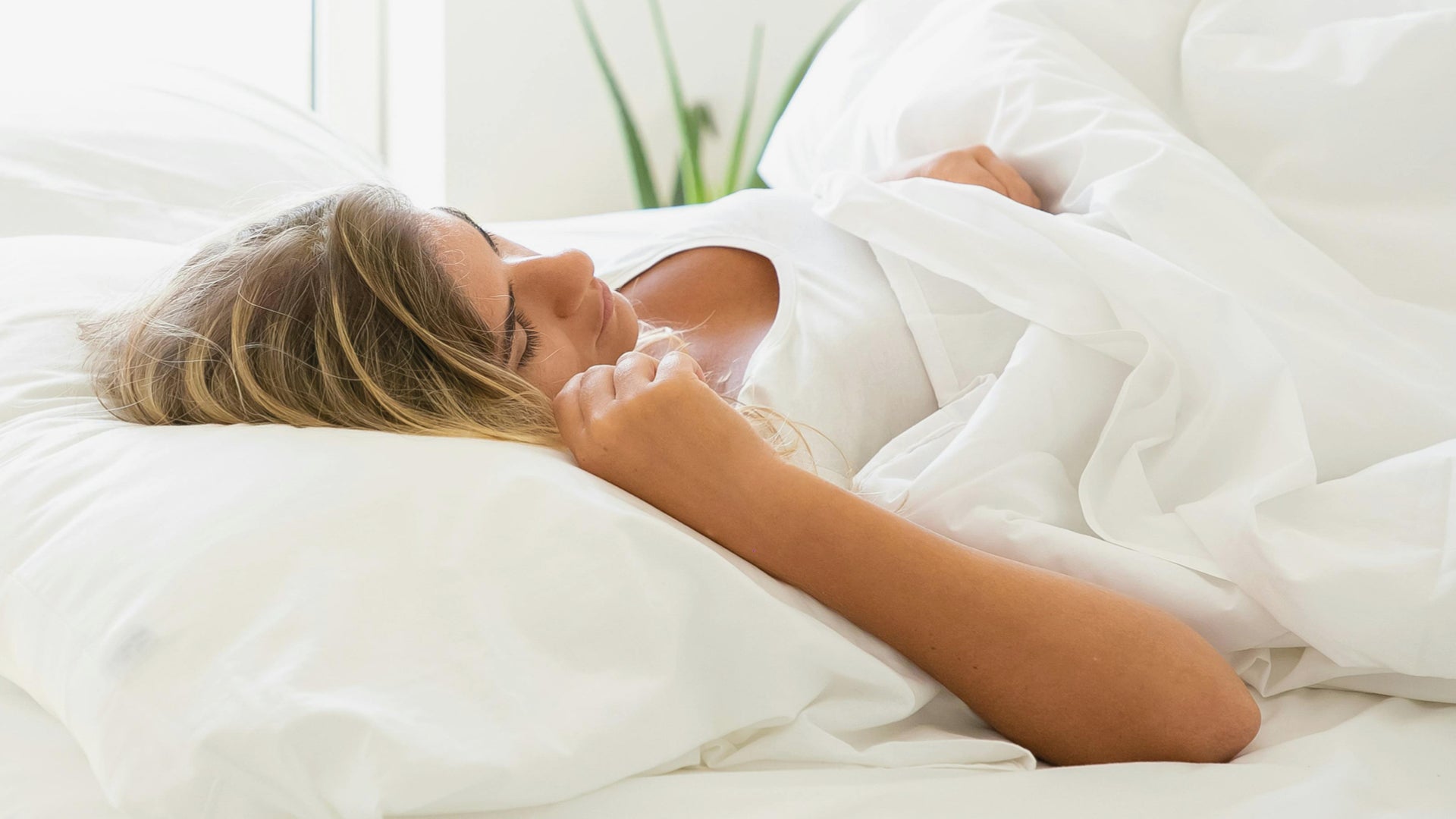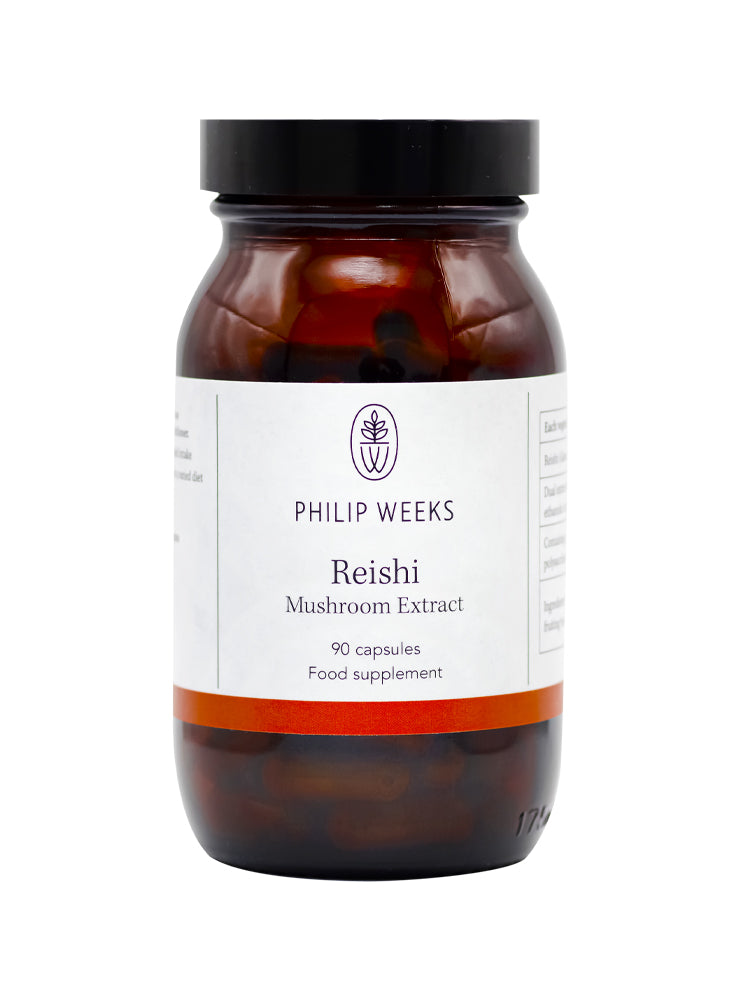In the UK, sleep disturbances have become increasingly common, affecting a significant portion of the population.
I had a heart-warming message recently from someone who has been using my Magnesium Trio. ‘I have been struggling for months to sleep properly since an intense period of stress, been taking your magnesium trio for a week now and I am finally sleeping through without waking up!
In this edition of health hub, I thought I would do a bit of a deeper dive into how we can optimise our sleep. Especially as consistent and good quality sleep is arguably the most important factor for good health and well-being.
The role of sleep is not to be underestimated, as it allows the body to enter a restorative state where it replenishes energy, repairs tissues and allows the immune system to clear up and tackle pathogens such as viruses and bacteria. Without enough sleep, the body’s ability to function effectively is massively compromised.
If we stay up late into the night the body responds by releasing cortisol, a stress hormone that triggers the production of cytokines—molecules associated with inflammation.
Sleep deprivation negatively impacts the immune system, altering the behaviour of white blood cells and raising inflammation markers such as C-reactive protein (CRP).
A consistent lack of sleep has been linked to:
- elevated blood pressure and increased incidence of heart disease.
- weight gain from an increased cravings for sugary foods
- increased risk of traffic accidents
- type 2 diabetes
- depression and anxiety
- a weakened immune system
In the UK, sleep disturbances have become increasingly common, affecting a significant portion of the population. Studies show that nearly 1 in 3 adults in the UK are not getting enough sleep or have some level of sleep disturbance.
Although opinions differ it is widely recommended that adults aim for 7 to 8 hours of sleep each night. In Chinese medicine it is recommended that we get as many hours before midnight as possible. To maximise healing potential particularly for the nervous system it is best to get to sleep around 10pm. As the saying goes ‘an hour of sleep before midnight counts for two afterwards’.
Disruptions to the Body's Natural Rhythm:
Human beings operate on an internal clock, which runs on a roughly 24-hour cycle and resets daily with exposure to natural light.
Melatonin regulates the sleep-wake cycle, and its production declines with age, which may explain why older adults often sleep less than younger people.
Enhancing Sleep Quality
Morning Light Exposure
Get natural sunlight exposure early in the day, preferably within 30-60 minutes of waking up. This helps to set your circadian rhythm (your body’s natural sleep-wake cycle), making it easier to fall asleep at night and wake up in the morning. If you want to improve your sleep, get outside as soon as you can, even if it is cloudy. Ideally spend at least 10 mins outside.
Avoid Bright Light Exposure in the Evening
Exposure to bright artificial light, especially blue light from screens, in the evening can suppress melatonin production and delay sleep onset. To create an environment conducive to sleep:
- Use dim lighting or red spectrum lighting in the evening.
- Install apps or use settings on your devices that reduce blue light exposure, such as Night Shift on iPhones or the free program F.lux on computers.
- Avoid screen use at least 1-2 hours before bed if possible.
- Blue light blocking glasses can help
Limit Caffeine Intake
Avoiding caffeine within 8-10 hours of bedtime. Caffeine blocks adenosine, a chemical that helps build up the "pressure" to sleep throughout the day. Limiting your caffeine intake will allow your body to build up enough adenosine to feel naturally tired by bedtime. People detoxify caffeine differently; some people clear from their system a bit quicker than others. Those who really like caffeine do tend to detoxify it more slowly!
Temperature Control
A cool environment helps promote better sleep. The body needs to drop its core temperature by about 1-3 degrees Fahrenheit to initiate sleep.
Tips to lower your body temperature:
- Keep your bedroom temperature around 60-67°F (15-19°C).
- Take a hot shower or bath before bed. The heat causes blood vessels to expand and dissipate heat from the body, which helps cool the core body temperature afterward.
Weighted Blanket
Several studies have found that weighted blankets not only help people fall asleep faster but also improve the quality of sleep. One study published in the Journal of Sleep Medicine & Disorders found that participants who used a weighted blanket reported better sleep quality and felt more rested in the morning.
Routine is Key
Going to bed and waking up at the same time every day (including weekends) is essential for optimising sleep. This regular schedule helps reinforce your circadian rhythm, making it easier for your body to fall asleep and wake up naturally.
Avoid Big Meals and Alcohol Before Bed
Eating large meals or consuming alcohol close to bedtime can disrupt sleep quality. While alcohol may help some fall asleep initially, it disrupts deep sleep and REM sleep later in the night. We ideally eat at least 2 to 3 hours before going to bed.
Food that supports our sleep
Deepen your sleep with Kiwi Fruit
A study conducted at Taipei Medical University found that consuming 2 kiwis an hour before bed improved several aspects of sleep, including the time it took to fall asleep, total sleep duration, and sleep efficiency. Participants who ate kiwi before bed fell asleep faster and experienced better sleep quality than those who did not.
Tryptophan
Is a precursor to serotonin and melatonin and can be found in foods like turkey, chicken, bananas, eggs, and seeds. Consuming these foods a few hours before bed can help enhance sleep quality.
Supplements for Sleep
Magnesium in the form of Magnesium Citrate, Glycinate and Taurate can supports overall sleep by:
Regulating neurotransmitters
Magnesium helps regulate GABA, the calming neurotransmitter that quiets the nervous system and prepares the body for sleep.
Reducing stress
Magnesium lowers cortisol, the stress hormone that can keep you awake at night.
Improving melatonin production
Magnesium is essential for the production of melatonin, which controls sleep-wake cycles.
Muscle relaxation
Magnesium’s role in muscle relaxation helps reduce tension and promoting restful sleep.
Take magnesium an hour before sleep to optimise sleep. Taking magnesium in the morning supports energy production and alertness.













